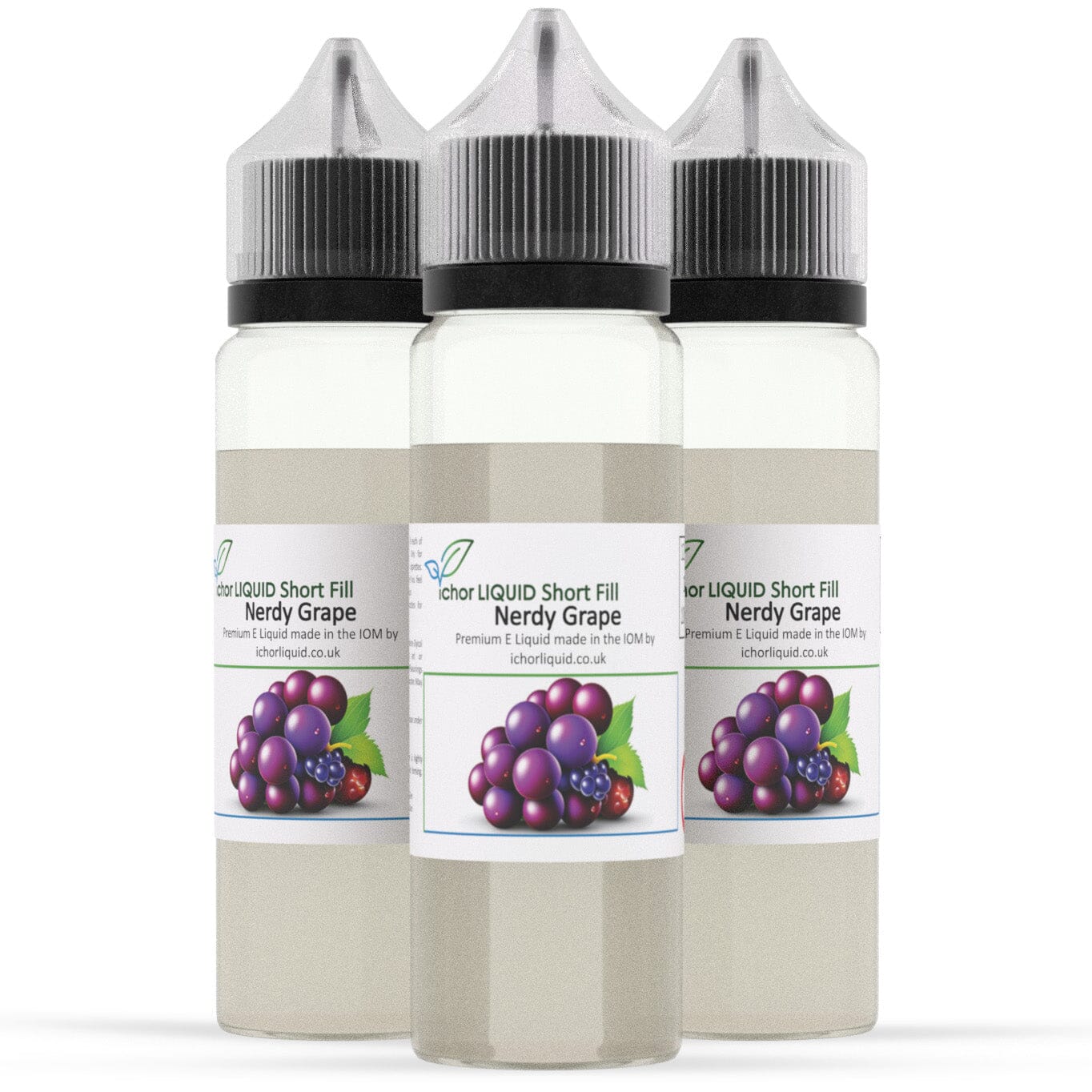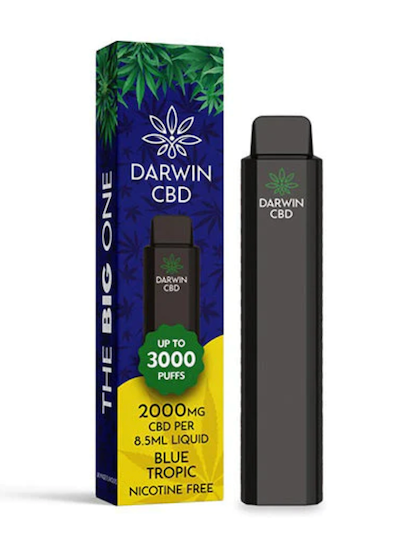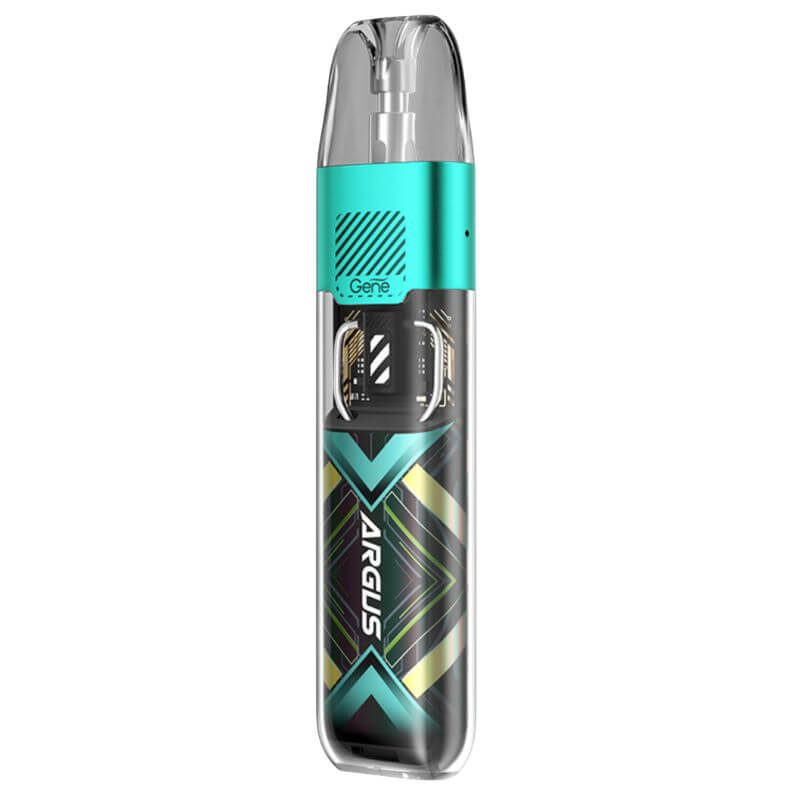Understanding CBD Metabolism - How Long Does it Stay in Your System?
Understanding CBD Metabolism - How Long Does it Stay in Your System?
Hematophagous organisms have piqued the interest of medical researchers for centuries, with recent studies shedding light on the potential benefits of cannabidiol (CBD) in treating a variety of health conditions. As more and more people turn to CBD for its therapeutic effects, it's important to understand how the body processes this compound and how long it stays in your system. The metabolism of CBD can have significant implications for its effectiveness and potential side effects, making it crucial to have a comprehensive understanding of its metabolic pathways.
The Science of CBD in the Human Body
Before diving into the intricacies of CBD metabolism, it is important to understand how this compound interacts with the human body. CBD, short for cannabidiol, is a natural compound found in the cannabis plant. Once consumed, it interacts with the body’s endocannabinoid system, which plays a crucial role in maintaining various physiological functions.
How CBD is Absorbed
Science suggests that CBD is most effectively absorbed into the bloodstream when it is ingested orally and enters the digestive system. The compound is then metabolized by the liver before entering the bloodstream and being circulated throughout the body. Alternatively, when CBD is inhaled through methods such as vaping, it enters the bloodstream directly through the lungs, bypassing the digestive system and liver.
Distribution and Breakdown of CBD
Absorbed into the bloodstream, CBD is then distributed to various tissues and organs throughout the body. It has a high affinity for fat, which means it is primarily stored in fat cells. From there, the body gradually breaks down CBD through a process called metabolism, which involves enzymes in the liver converting CBD into different metabolites. Over time, these metabolites are eliminated from the body through urine and feces.
As the distribution and breakdown of CBD occurs, it is important to note that the process can vary from person to person based on factors such as metabolism, body composition, and the method of consumption. These variations can ultimately impact how long CBD stays in the system and its overall effects.
Keywords: CBD metabolism, absorbed, distribution, breakdown, metabolites, elimination, body composition, method of consumption
Factors Influencing CBD Metabolism
Clearly, the metabolism of CBD can be influenced by a variety of factors, impacting how long it stays in your system. These factors include:
- Dosage and Concentration
- Individual Biological Differences
- Method of Consumption
- Other Medications or Substances
- Diet and Exercise
Recognizing these factors and how they can impact the metabolism of CBD is crucial in understanding its effects on the body.
Dosage and Concentration
Metabolism of CBD is influenced by the dosage and concentration of the product. Higher doses and concentrations can take longer to metabolize, leading to a longer presence in the body. It's important to carefully consider the dosage and concentration of the CBD product you are using to understand its potential impact on your system.
Individual Biological Differences
To better understand how CBD is metabolized, it's important to consider individual biological differences. Factors such as metabolism, body weight, and genetics can all play a role in how your body processes CBD. These differences can contribute to variations in how long CBD stays in your system and its potential effects.
A person's unique biological makeup can significantly impact the metabolism of CBD, making it essential to approach CBD use with an awareness of these individual differences.
Method of Consumption
Individuals metabolize CBD differently based on the method of consumption. Inhalation, ingestion, sublingual, or topical application can all impact the rate at which CBD is metabolized in the body. Factors such as absorption rate and bioavailability can vary depending on the method of consumption, affecting how long CBD stays in your system.
This variation underscores the importance of understanding the method of consumption and its potential influence on CBD metabolism in the body.
Overall, these factors play a significant role in understanding theCBD metabolism and its impact on the body. It is important to consider them when usingCBD products and to consult with a healthcare professional for personalized advice.Detection of CBD in the System
For individuals using CBD products, understanding how long the compound stays in the body is important. This includes being aware of how it is detected in various drug testing methods.
Drug Testing and CBD
Drug tests for cannabis typically look for the presence of THC, the psychoactive compound in marijuana. However, some drug tests may also detect the presence of CBD. It is important to note that standard drug tests are not designed to detect the presence of CBD specifically, but rather look for the presence of THC and its metabolites.
Average Duration and Half-Life
Detection of CBD in the body varies depending on factors such as dosage, frequency of use, and individual metabolism. Studies have shown that CBD has an average half-life of 18-32 hours, meaning it can take this amount of time for the body to eliminate half of the compound. However, it may take several days for CBD to be completely cleared from the system.
The length of time CBD stays in the system can also be influenced by the method of consumption, with products like edibles and capsules having a longer duration compared to inhalation. The duration of CBD in the body is also influenced by individual factors such as metabolism and body weight.
Implications and Considerations
Unlike THC, which is the psychoactive component of cannabis, CBD does not produce any mind-altering effects. However, it is important to consider the implications of using CBD, especially when it comes to its potential therapeutic applications and legal and workplace considerations.
Therapeutic Applications
To date, the research on the therapeutic applications of CBD is still in its early stages. However, there is evidence to suggest that CBD may be beneficial in managing a range of health conditions, including chronic pain, anxiety, and epilepsy. It is important to note that CBD should not replace conventional medical treatments, and individuals should always consult with a healthcare professional before incorporating CBD into their treatment plan.
Legal and Workplace Considerations
Any individual considering using CBD should be aware of the legal and workplace considerations surrounding its use. While CBD is legal in many states, there are still strict regulations in place, and the legality of CBD can vary depending on the source and the amount of THC it contains. Furthermore, those who are subject to drug testing in the workplace should be aware that some CBD products may contain trace amounts of THC, which could result in a positive drug test.
Considerations should also be made for the potential interactions between CBD and other medications, as well as the overall impact of CBD on one's physical and mental well-being. It is essential for individuals to educate themselves on the laws and regulations regarding CBD in their area and to make informed decisions based on their own personal circumstances.
Understanding CBD Metabolism - How Long Does it Stay in Your System?
With these considerations in mind, it is clear that the metabolism of CBD is a complex process influenced by various factors such as dosage, frequency of use, and individual differences in metabolism. While the immediate effects of CBD may only last a few hours, the compound can linger in the body for several days or even weeks for regular users. It is important for individuals to be aware of these factorswhen using CBD and to consult with a healthcare professional if they have any concerns about how long it may stay in their system.
For further reading use these sources:
https://www.ncbi.nlm.nih.gov/pmc/articles/PMC5576600/
https://faseb.onlinelibrary.wiley.com/doi/full/10.1096/fasebj.2021.35.S1.03121






